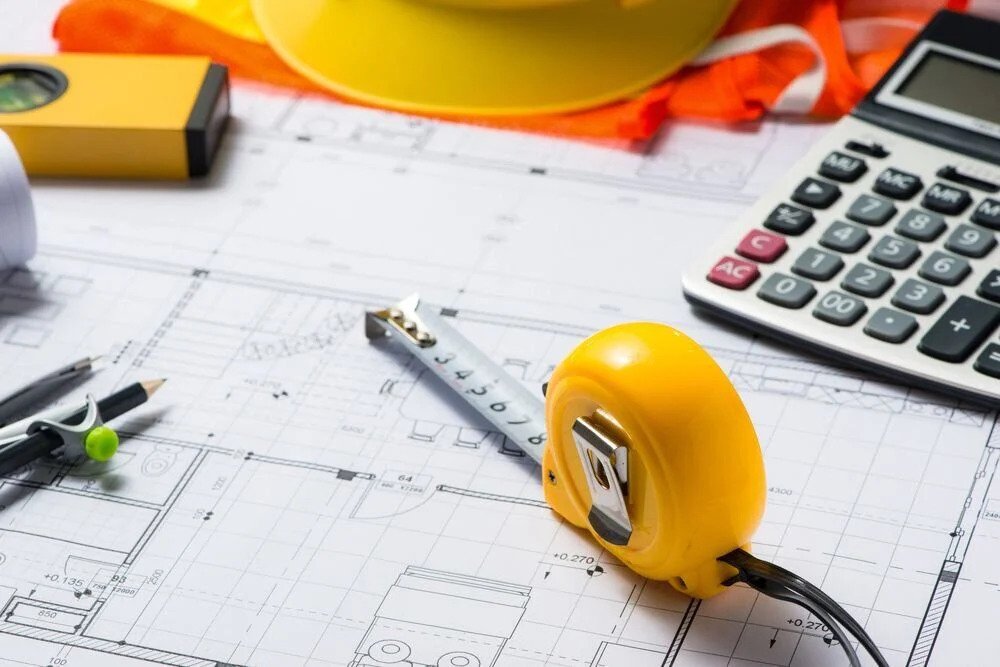Every successful construction project starts with a clear and accurate budget. Without a reliable estimate, project owners and contractors are surprised by slow progress and expand resources. To avoid these issues, many people turn to Construction Estimating Companies that bring expert knowledge and structure to the budgeting process. Creating a trustworthy building studio is more than just adding numbers. This includes detailed planning, research, and updates based on actual conditions. The goal is to create work guidance that reflects actual costs and can be used throughout the project.
Understand the scope of your project
Before you can start the entire project, you need to define the project clearly. This includes an understanding of design planning, materials, timetable, and location conditions. It is impossible to create an accurate cost forecast without knowing what is being built and how it is being built. A precisely defined area allows evaluators to identify the work, materials, and devices needed for every part of the project. It also helps to avoid budgetary crossings caused by unclear or changing plans.
Collect accurate and current cost data
Price data is the basis for construction estimates. This information should reflect current market trends and local costs for materials, workers, and equipment. In many cases, estimates use a mixture of supplier quotes, latest off, and cost databases to ensure accuracy. Using outdated or general pricing can lead to a significant difference between estimated and actual costs. Keeping the actual information up to date will create a budget that reflects what it really costs you to do.
Includes all project phases in the estimate
A full budget doesn't just need to consider every stage of the project. This includes pre-construction costs such as permits, construction fees, inspections, and site inspections. It also should include post-construction costs such as cleanup operations, warranty, and final testing. By covering the full project lifecycle, estimates are a useful tool for planning and decision-making. Looking down on objects with no construction can lead to financial gaps and steps that lead to progress.
Considering risks and contingencies
Even the best plans encounter unexpected changes. Weather delays, material shortages, and design changes can affect costs. A good estimate includes the ability to prepare for these strangers. The estimates also perform risk analysis to identify some of the projects that are most likely to change. This allows teams to concentrate on these areas and create more flexible plans. Adding emergency funds to your budget will keep your project on the right track, even if things are not planned.
Use tools to improve accuracy
Modern software tools help you work faster and more accurately. A digital tool with launch tools allows users to measure sizes directly from the blueprint. The database can manage and create reports that are created in real time regarding software cost estimates. These tools reduce human error and allow teams to quickly investigate. Construction Estimator often includes access to these digital tools, helping customers make well-informed decisions before construction begins.
Frequently review and update your budget
Budgets should not be static documents. Costs may change over the course of the project due to changes in scope and market conditions. Regular updates to estimates will help your team adapt their plans and stay within financial limits. Frequent reviews form trust between stakeholders by keeping everything up to date. Communication and decision-making improve when the owner and contractor work from the same updated figures.
Team cooperation for clearer estimates
Estimates aren't just about people and departmental tasks. Engineers, designers, contractors,,s and suppliers' inputs enhance the Construction Estimating Company. Each team brings insights that can improve accuracy. For example, the location manager can inform you of soil conditions that may affect excavation costs. Designers can explain how material selection affects work needs. Merging these views will create a more complete and realistic estimate.
Conclusion
Many project owners and general contractors contact experts to build accurate budgets. Working with trusted construction companies ensures that your cost plans are based on actual expertise, local data, and proven methods. These companies bring consistency, reliability, and deep industry knowledge to the process. Through partnerships with the right team, customers will feel confident in their financial planning and increase the likelihood of smooth and timely projects.
 Online Clock
Online Clock